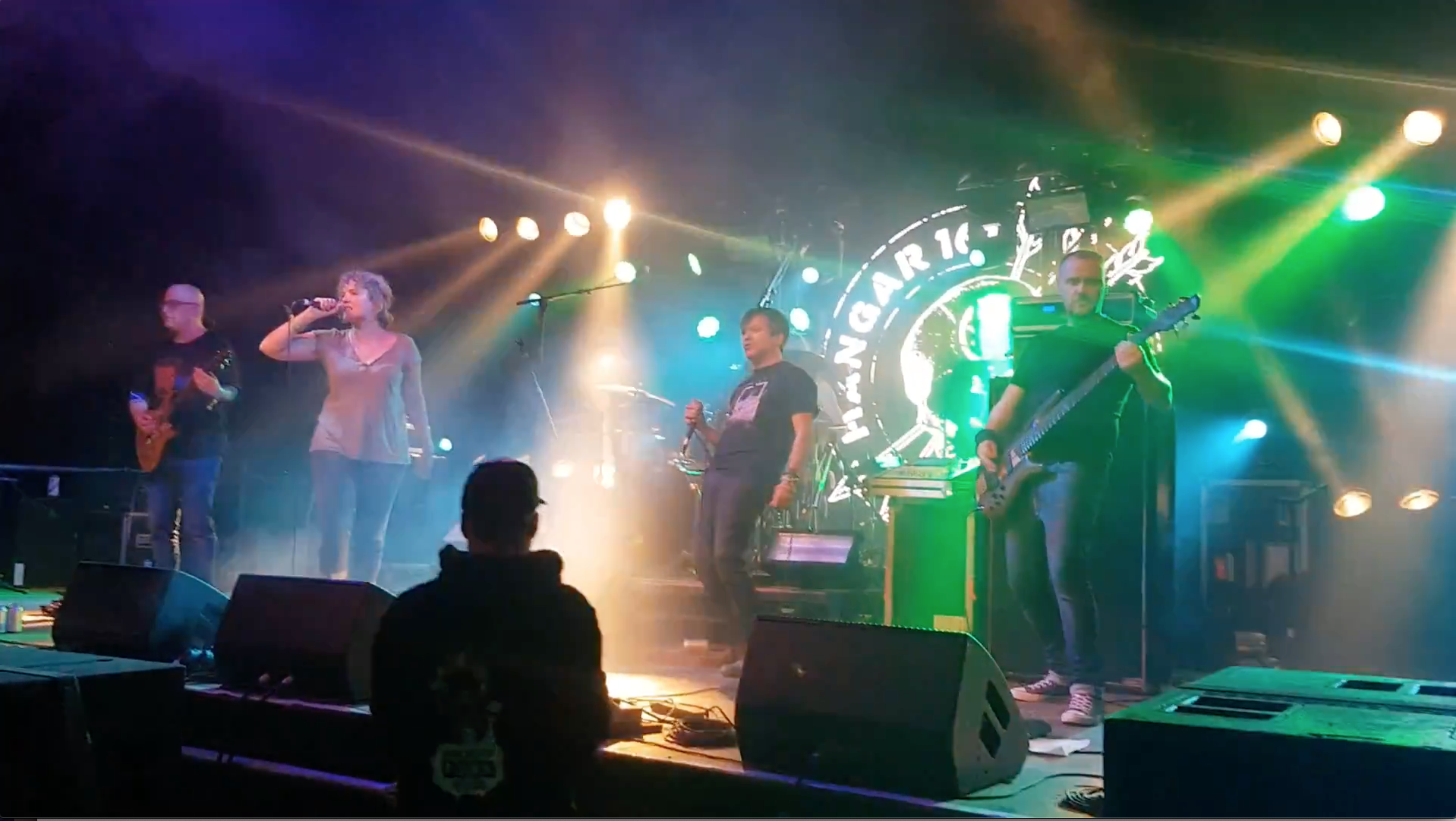
Concert sponsorship
When sponsoring a concert, a company might provide money, products or services in exchange for publicity. Sponsoring a concert can be a great way for a company to promote their products or services, using the concert to reach a large number of potential customers. They can also use the concert to create a positive image for their company.
There are a few things to consider before sponsoring a concert. The company should first make sure that the concert is a good match for their target audience. They should also make sure that they are getting good value for their sponsorship.
When choosing a concert to sponsor, the company should consider the following:
- The genre of music
- The artist or band
- The location
- The date
- The audience
The company should also consider what they hope to gain from the sponsorship. Some of the things they might want to achieve include; increased brand awareness; increased sales; and increased loyalty from customers.
When sponsoring a concert, the company should make sure that they have a good relationship with the artist or band. The artist or band should be able to help promote the company’s products or services as genuinely as possible. Having the artist buy into the culture and values of the brand are important in conveying relevance of the product or service. Scenarios when brand assets are openly rejected by the performer can be highly damaging, such as recent scenarios involving Coca Cola as sponsor of a major world-visible soccer tournament, and the reaction of certain players.
The company should also make sure that they are working with a reputable concert promoter. The promoter should be able to provide information on the concert, such as the number of attendees and the demographics of the audience.
As music festivals and concerts continue to grow in popularity, so does corporate sponsorship. In the past, most music events were funded by individual concert promoters or small businesses. However, in recent years, an increasing number of large companies have begun to sponsor music festivals and concerts.
There are a number of reasons why companies might choose to sponsor a music event. For one, music festivals and concerts are a great way to reach a large number of consumers. In fact, a Nielsen study found that music fans are more likely to engage with brands that sponsor their favorite music events.
Additionally, music festivals and concerts offer companies the opportunity to promote their products and services in a positive light. Music lovers are typically seen as being open-minded and adventurous, which makes them an ideal target market for many brands.
Finally, sponsorship of a music event can be a very effective way to build brand awareness and create a strong connection with consumers. In fact, a recent study by Eventbrite found that a third of festivalgoers said that a sponsor’s logo on an event poster would make them more likely to attend that event.
So far, the most popular type of music event to sponsor is the music festival. In North America alone, there are now more than 1,200 music festivals, and the industry is worth an estimated $6.5 billion. Major brands such as Coca-Cola, Samsung, and Ford have all increased their investments in music festival sponsorship in recent years.
However, as music festivals continue to grow in popularity, so does the competition for sponsorship. In order to stand out from the crowd, many festivals are now offering sponsors unique opportunities to engage with fans.
For example, Bud Light recently partnered with the Firefly Music Festival to create the Bud Light Lime-A-Rita Lounge. The lounge was a private, air-conditioned space featuring comfortable furniture, charging stations, and a bar. Attendees could relax in the lounge and enjoy a Bud Light Lime-A-Rita while watching performances on the main stage.
Similarly, Monster Energy has created a number of unique sponsorship activations for its events. At the Monster Energy Aftershock Festival, for example, the company set up a Monster Energy Artist Lounge, which was a private area where artists could relax and recharge between sets. The lounge featured a Monster Energy truck, a lounge area, charging stations, and a private bar.
While music festivals are by more diverse in terms of the artists on show, compared to a dedicated artist’s gig, they still offer great opportunities for brands looking for exposure through sponsorship. The audience is even larger, providing a more cost-effective reach than a standard concert.
